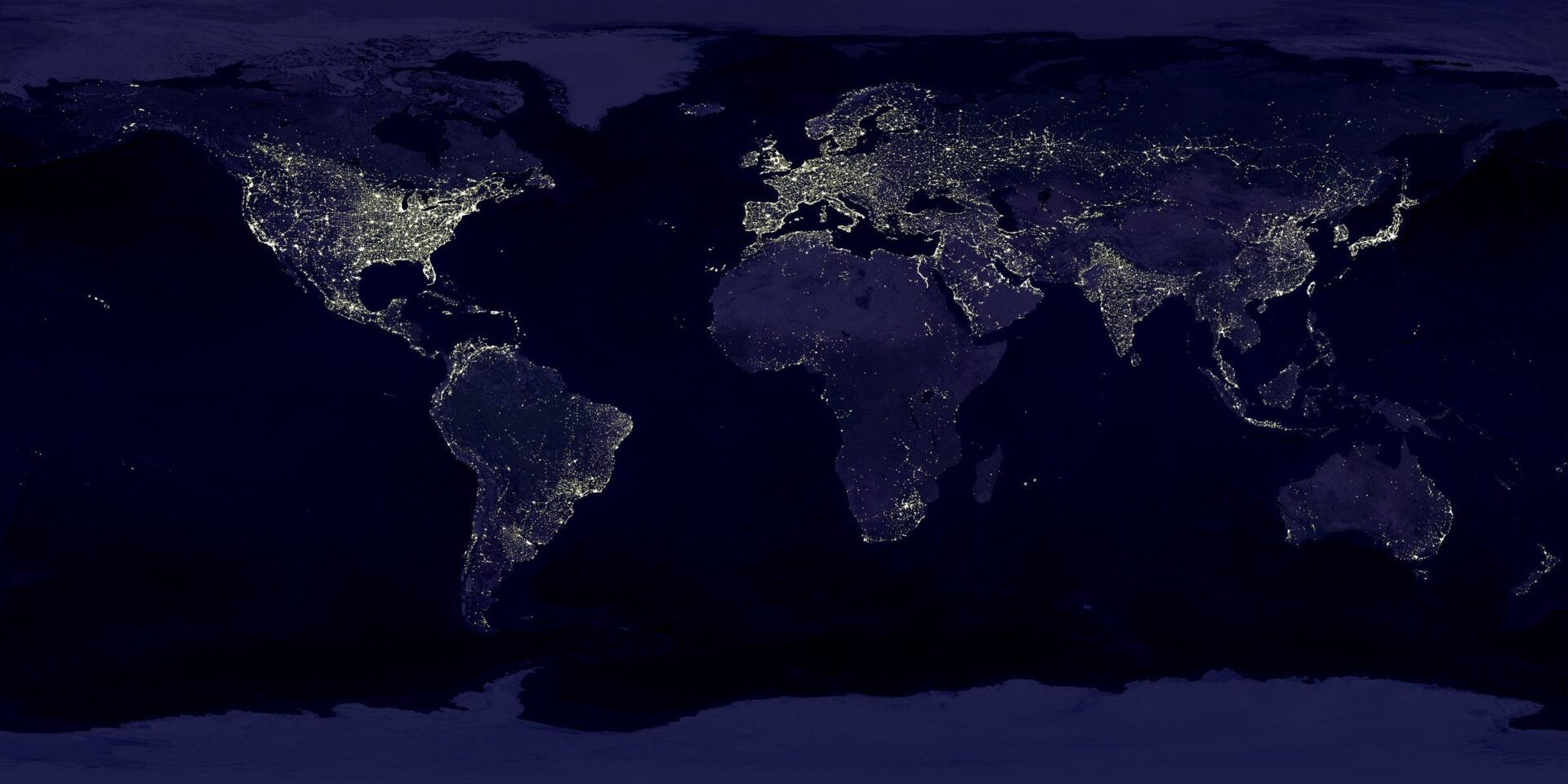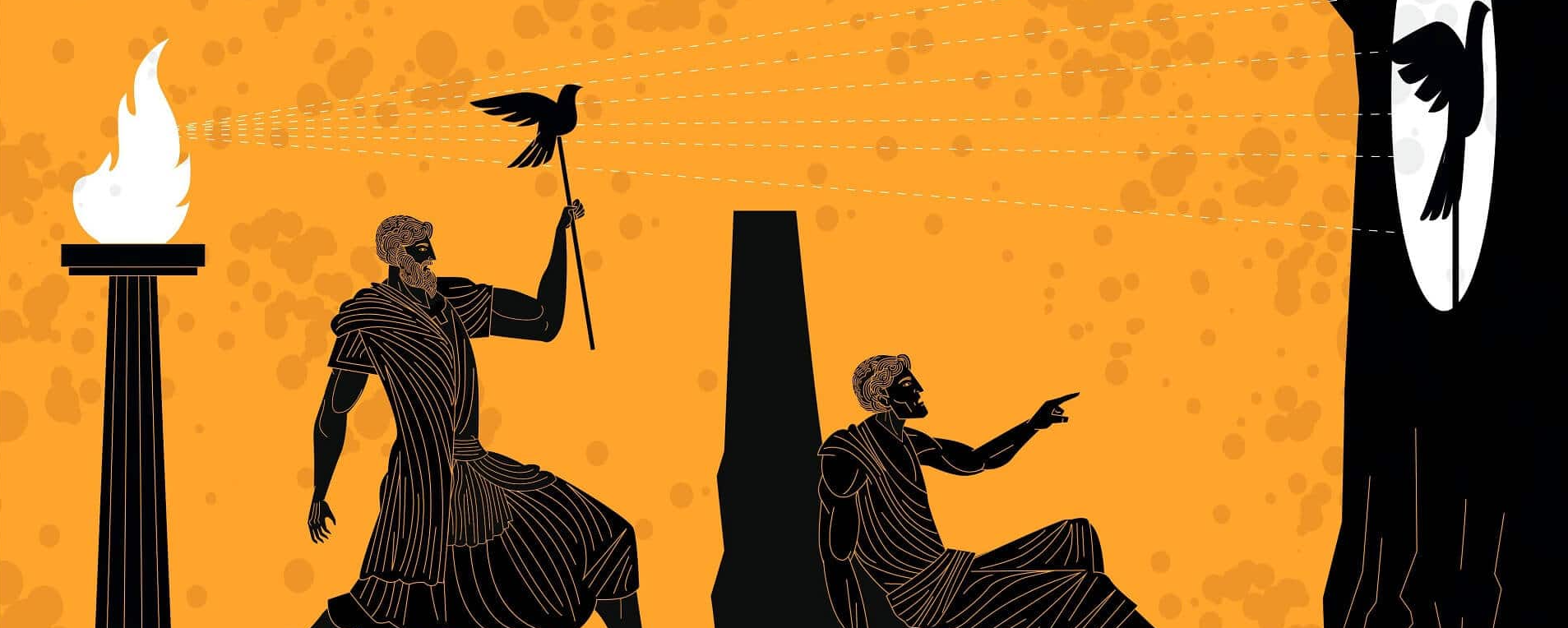Why America Should be Again Active on the Multilateralism Scene
When we talk about United States we are used to identify it as a country with global presence. This status is linked to the history of the USA. The founding fathers stated very clearly in the preamble of the Declaration of Independence that “all men are created equal, that they are endowed by their Creator with certain unalienable Rights, that among these are Life, Liberty, and the pursuit of Happiness”. Following the Declaration in a progressive way there is a forward move from the creation of mankind to the institution of government, from throwing off of the government when it fails to protect the people’s unalienable rights to the creation of a new government that will better secure the people’s safety and happiness. This succession of universally valid principles along with the reference to all people, which are equal, defined the framework of a new nation.
America became the country that many people were dreaming to live in. The strongest attributes associated with America’s initial evolution are the immigration, the westward movement and the freedom of people. Many persons of various nations emigrated to America to follow their dream in the land of the free and the home of the brave. So at the root of the American nation, there is a wide mix of different nationalities and cultures and this makes America global in itself and multicultural by nature. The westward movement was boosted by the Louisiana territory purchase from France, which was another piece of Thomas Jefferson’s genius way of long-term vision in geopolitics. This doubled the land-size of that time’s America, boosted the development of the economy and opened new frontiers to those seeking a better life in the west. If in Europe most of the workers were dependent on stable jobs, by contrast, in the US, the western frontier offered the choice of freedom, independence and mobility.
Difficult times
The first half of the last century was not an easy one neither for America nor for other countries.
The First World War involved huge sacrifices and the economic, political and human devastation changed most the characteristics of international relations. Empires fell apart and some new countries reunited upon the people’s suffering. By 1918 the mankind also had to face the last big pandemic before Covid-19, the so-called Spanish Flu.
Following the war, John Maynard Keynes suggested in “The Economic Consequences of the Peace” that all the European nations had a real problem because their societies were built on great inequality and argued that the punitive actions against Germany, were not to be working unless the German economy will recover and the simple truth is that compensations could be expected from a rich Germany, so the major concern should be the economic strengthening of the former enemy. America followed such a path regarding the German issue and lent to Germany money to pay reparations.
The Great Depression followed to the decade in which USA became the largest lender in the world, replacing UK. In many national economies the unemployment was reaching high levels and the collapse of international lending flows generated difficulties. The negative economic effects spiral was quickly moving. There is a widely agreed opinion that the most important factor in the transmission of the Great Depression was the gold standard because the monetary and fiscal policies, were basically following to defend it and not to counteract and control the inflation, unemployment, the declining supply and demand. Following the economic recovery which started in 1933 and the implementation in the USA of a series of reforms known as the New Deal, the world went towards a new road which was paved with many challenges and difficulties. Due to economic turmoil and social inequality, the nationalism was rising in Europe and extreme political views were embraced by more and more people.
The humanity had to face another disaster, the Second World War. The global consequences have been huge and the negative economic effects of this war were doubled by the humanitarian crisis, amplified by the Holocaust and the Pacific theater rivalry and war between Japan and China. Words are not enough to explain the range of sufferance that most of the countries had to face in WW2. Numbers are not enough to calculate the economic effects on economies, public budgets, businesses and people. America was worldwide in the first line of the war and contributed significantly to the end of this painful page of the humanity.
A new chapter in the world following the wars
A new chapter had to start and the best way to follow the reconstruction was by involvement and by establishing international organizations which to facilitate the dialogue between nations. America was again totally involved in this difficult and new beginning and became the major player on the international stage. It’s multicultural ground along with the national creed defined in the Declaration, outlined America’s global attitude in the 20th century.
The Breton Woods conference established a globally recognized framework for a new monetary system, and established the principles for founding the International Monetary Fund and the International Bank for Reconstruction and Development (which will extend to the World Bank Group).
The Charter of the United Nations was signed on at the conclusion of the United Nations Conference on International Organization in San Francisco. Following the effort and the resistance of China in fighting against the long aggression of the Axis powers, with the support of the US President Franklin D Roosevelt, the honor of being the first country to sign the UN Charter was accorded to China, a duty which was fulfilled by General Chiang Kai-Shek. An excellent example of political wisdom.
In Europe, discussions regarding the necessity of convergence emerged between countries. As of 1950, the European Coal and Steel Community begins to unite European countries economically and politically in order to secure lasting peace. In 1957, the Treaty of Rome established the European Economic Community or the Common Market. America involved itself in rebuilding the devastated Europe. The Marshall Plan, officially known as the European Recovery Program was intended to rebuild mainly the economies of western Europe. US Secretary of State George Marshall was convinced that the key to political stability lay in the revitalization of national economies.
What followed in the world, everybody knows: the longest period in the history of humanity without global-scale wars, without millions of lives lost, a real development of the societies, economies, of the science, research, healthcare systems, the first steps in the space, the internet and new technologies days that we are all experiencing now and much more educated people. Not even the Cold War could stop the positive evolution and not even regional wars could change this encouraging direction that the mankind has taken in the post-war years.
This led to a real development of many countries. In America, a nation with huge contribution to this new status, more and more people had experienced the American Dream and lived a better life than their ancestors. In the beautiful Asian continent, China, Japan and the four Tigers (Hong Kong, Taiwan, South Korea, Singapore) developed very much and as a consequence hundreds of millions of people were lifted out of poverty. America stood up for years against the soviet political views which divided Europe and following the nostalgic but positive evolution of Western European economies and the Iron Curtain fall in 1989, the door of development opened to most of Europeans which under the umbrella of European Union are witnessing now the raise of their living standards and of the quality of their lives.
The fall of the Berlin Wall is the most powerful symbol of how we should conduct our lives in the future: without forced separations but together, without discrimination but with tolerance, without war but with peace, without lack of communication but with dialogue, without poverty but with development. All these noble desires can be better achieved through multilateralism, with the involvement of the most important economic, political and symbolic powers, which must have honest dialogues while searching for what we all have in common but not for what separates us. And America must come back on this scene.

America back in a multilateral world
Following recent international developments, the major players in a world based on multilateralism will include USA, China and EU – on the first line, Japan, United Kingdom, India, Russia and also individually some EU members such as Germany and France. I appreciate that major international organizations such as the United Nations must totally be involved in the international dialogue.
We can assume that at the present moment the international situation is quite complicated. Some opinions state that the relations between the major international players are at the lowest level in this century or even that 2020 was the worst year in history.
The actual US-China relation is extremely complicated, because the two superpowers have to let behind a difficult chapter of the bilateral relations that these countries were passing in the last years. For the future, we should hope that pragmatism will prevail and there will be agreed by both sides a functional trade agreement and the re-opening of discussions on many important files for the world and for South East Asia. From trade perspective, China has the top volumes with the US and the democratic West and not with other countries.
According to Paul Sheard, Senior Fellow of the Mossavar-Rahmani Center for Business and Government at Harvard Kennedy School and former Vice Chairman of S&P Global, “China and the US need to go beyond a trade deal, and focus on reconciling the differences in their economic and political systems. As the world’s two economic and geopolitical superpowers, they need to find ways to underwrite and reshape as necessary the liberal international order, and share the burden of doing so”. Flexibility and mutual compromise are called for.
Following this path, America must be involved in dialogue with China on all levels. The total decoupling scenario should be forgotten and instead, negotiations, mutual businesses and benefits for all on a win-win scenario should be placed. The two superpowers must cooperate, even they will still be on a different ideological ground.
Moving the tip of the compass from China to the European Union, we move the line from Sino-American relations in the area of the future global multilateralism, with Europe becoming the center of gravity for the global equilibrium. EU sets the example of how we must accept the differences and how we should use the common roads that we all share for the development of our countries and for the well-being of the citizens. The steps to create the actual architecture of the EU were difficult and long ones. From the Schuman Declaration to the Treaty of Rome and then to the Maastricht Treaty amended by the treaties of Amsterdam, Nice and Lisbon, from West-European member countries to the acceptance of East-European countries as EU members after the fall of the Iron Curtain, everything was built on some fundamental principles that follow the path of cooperation, convergence, inclusion, multiculturalism, multilateralism, dialogue, compromise and acceptance. It is nothing less but the best practice of how we should work together on the global scene to eradicate poverty and sustain the dignity and freedom of individuals. Referring to the future, Thomas Ilka of Friedrich-Naumann Foundation emphasized that the new American administration “gives hope for a shift towards cooperation with its European partner. Biden can be regarded as a true multilateralist and transatlanticist, who knows about the necessity and effectiveness of alliances. He is aware that in a complex and multipolar world, even the resources of the USA, still the most powerful and richest country on earth, are not sufficient for successful solo efforts”.
When the Europeans and the Americans were working together, the outputs were always better than acting on unilateralist principles. It is very important to highlight the first message of Chancellor Angela Merkel, congratulating the elected leader from Washington that: “Germans and Europeans know that in this partnership in the 21st century we have to take on more responsibility.” As two global political leaders which understand that the Cold War tensions should never make any return and also both sides understanding very well what Frank Jurgen Richter, the Founder and Chairman of Horasis explained, that “Asia is the new engine of globalization, Asia is spearheading multilateralism” it remains the hope and the need that in their strategic decisions and actions the balance and equilibrium to prevail over disorder and chaos. If Vikram Khanna, associate editor at The Straits Times wrote that “as long as it is a contest for supremacy in whatever realm – economic, military or political ideology – conflicts will persist”, I try to be optimistic and call for cooperation and partnership in a multilateral world. Such a choice fulfills also the Principled form of Leadership expressed in The Horasis Declaration.
We must work together
America has its values born from the diversity of many nations. Starting with its foundation, the respect for all people’s inalienable rights were basic fundamentals of America’s culture. In the last century, as the major global player, America gained the abilities to negotiate difficult files, to respect the freedom and help the development of other nations. With its global political experience, America will be welcomed back at the multilateralism table. US is a country which should not retreat or hide itself from this scene, but be active and involved, permanently in dialogue with all the strengthening Asian nations and of course, with the developing China, a country with a fantastic heritage and an extraordinary example of lifting hundreds of millions of people out of poverty. As traditional partners, the US should again tune its waves with the dynamic European Union, partner with a tumultuous background and better understanding the meaning of unity within diversity, the wise column which can provide the equilibrium in the multilateral global scene.



